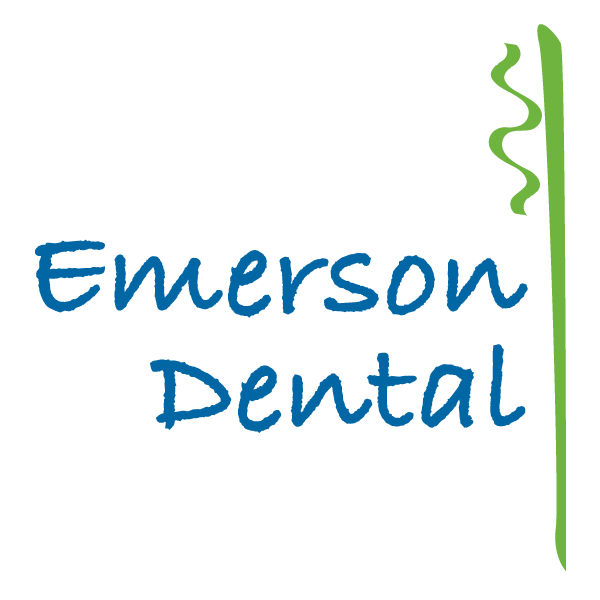Getting a cavity treated as soon as possible is good for your dental health and for a healthy body. By scheduling routine preventative dental exams and professional cleaning twice a year, you can easily prevent, diagnose, and address any cavities before they become a bigger problem.
What Exactly Are Cavities?
Cavities arise from decay. Decay itself happens due to the build up of food particles, tartar and plaque that adhere to the surface of your teeth. Regular twice-daily brushing and flossing at home can help prevent decay, but because plaque can be difficult to remove, preventative professional cleaning twice annually is also key to stop decay and the cavities that form from it.
Here’s why: bacteria can form on your teeth due to poor dental hygiene or the simple accumulation of plaque over time. It can be a greater problem if you consume a lot of sugary treats or carbohydrates. The bacteria can eventually cause the decay which forms cavities.
How are Cavities Treated?
Typically, cavities are treated with fillings. Your dental team administers a simple, numbing local anesthetic so you won’t feel a thing as your dentist clears your tooth decay and fills the cavity with material such as a natural looking dental porcelain or resin. It’s as simple as it is attractive.
Leaving a Cavity Untreated Can Cause More Serious Issues
Leaving a cavity untreated can cause a variety of problems, including increasing the amount of decay in your tooth and eventually leading to tooth loss.
If a cavity is left without treating it, you may experience:
- Pain when chewing that worsens over time
- Heightened sensitivity to hot, cold, and sweet foods
- Swelling due to bacteria reaching the pulp of your tooth
- Tooth abscess from infection or inflammation where the decay is located
Along with these kinds of discomfort, leaving a cavity untreated may necessitate having a root canal or even a tooth extraction.
A root canal allows you to keep your tooth without replacing it, but is a more costly procedure than simply filling your cavity.
If the damage is allowed to progress too far, you’ll need to have the tooth removed. Removing a tooth can cause a cascade of issues including bone loss and damage to surrounding teeth if you don’t replace the extracted tooth.
And, tooth replacement, whether through a bridge, denture, or permanent dental implant may be a time consuming and expensive process.
In short, preventing cavity formation by good oral care at home and twice-yearly visits for exams and cleaning by your dentist is the best way to preserve your dental health. And, by regularly visiting your dentist, you can identify signs of decay including a cavity as soon as it occurs. This sort of early identification will make filling any cavities that form a simple process, one which will help successfully secure your dental health.
Schedule a Preventative Dental Exam
If you’d like to learn more about cavity prevention, formation, and treatment, or to schedule a visit to our dental office, we’re ready to help with a thorough dental exam or timely, pain-free cavity filling. Contact us today and let us keep your teeth healthy and strong.

